Health And Medicine
-

David H. Wasserman, esteemed scientist and professor of molecular physiology and biophysics, has died
A fellow of the American Association for the Advancement of Science, David Wasserman led groundbreaking research studies on the role of physical exercise, insulin-stimulation and diet in metabolism Read MoreJun 25, 2024
-
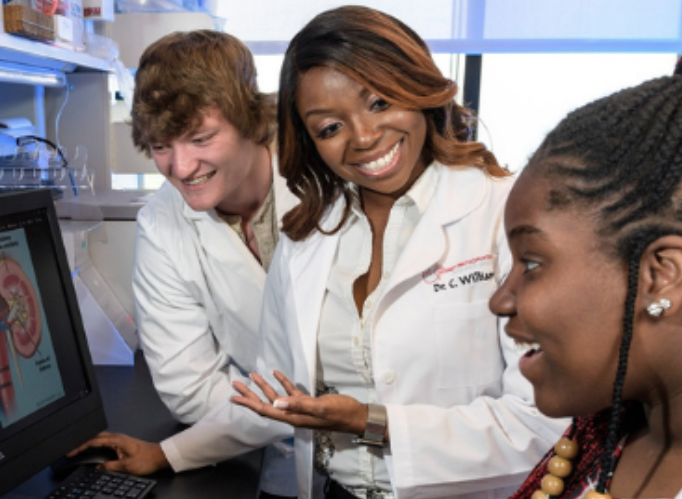
Hinton lab grows, American Physiological Society award adds Clintoria Williams as Visiting Scholar
Clintoria Williams, associate professor in the Department of Neuroscience, Cell Biology and Physiology at Wright State University, has received the John F. Perkins, Jr. Research Career Enhancement Award from the American Physiological Society. This will enable her to join Vanderbilt as a visiting scholar in the Department of Molecular Physiology and Biophysics for four months to collaborate more closely with Antentor Hinton Jr., assistant professor in the department. Read MoreMay 7, 2024
-
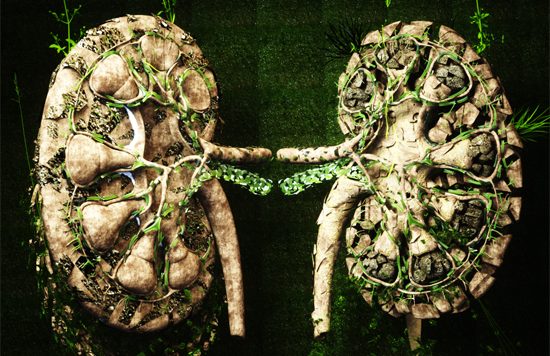
Blood mutations increase risk for acute kidney injury: study
A U.S.-Canadian research collaboration led by Vanderbilt University Medical Center has identified common, age-associated changes in the blood as a risk factor for acute kidney injury, which occurs in more than 1 in 5 hospitalized adults worldwide. Read MoreMar 7, 2024
-

Large, diverse genetic study of glaucoma implicates vascular and cancer-related genes
An international genetic study using multiancestry biobanks has identified novel genetic locations associated with primary open-angle glaucoma, the most common type of glaucoma and the leading cause of irreversible blindness globally. Read MoreFeb 21, 2024
-
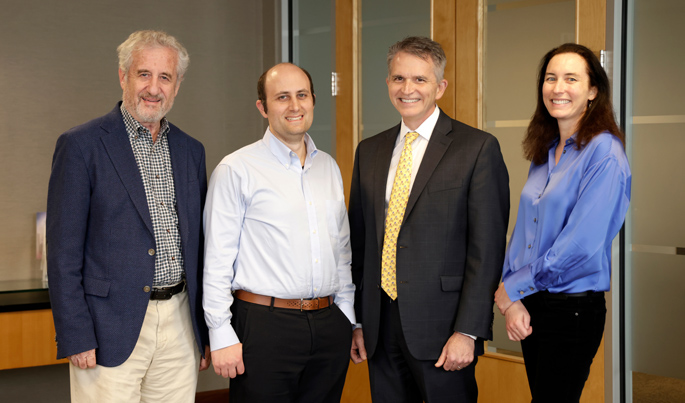
VUMC part of major step to achieving precision medicine
An analysis of genomic data from nearly 250,000 participants in the National Institutes of Health’s All of Us Research Program has identified more than 275 million previously unreported genetic variations, nearly 4 million of which have potential health consequences. Read MoreFeb 19, 2024
-
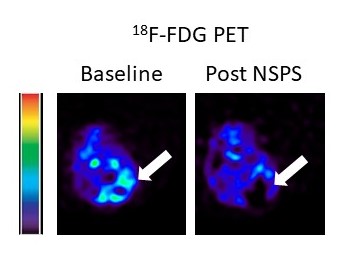
Vanderbilt nanodrug may be a paradigm shift for cancer
A multidisciplinary research team at Vanderbilt University and Vanderbilt University Medical Center has discovered a new way to kill a tumor by disrupting its acidic “microenvironment” without harming normal tissue. Read MoreFeb 7, 2024
-

VUMC study finds molecular switch key to repair of kidney damage
Researchers at Vanderbilt University Medical Center have identified Rac1, a molecular switch that regulates the actin cytoskeleton of epithelial cells in the collecting ducts, as a driver of post-obstructive kidney repair. Read MoreFeb 7, 2024
-
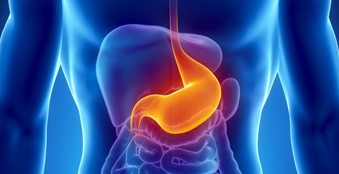
Fatty acids rewire energy supply chain in stomach cancer development
A study by Vanderbilt researchers has revealed how metabolic changes spurred by fatty acids contribute to the transformation of cells into abnormal versions of themselves that are the precursors to stomach cancer. Read MoreJan 31, 2024
-
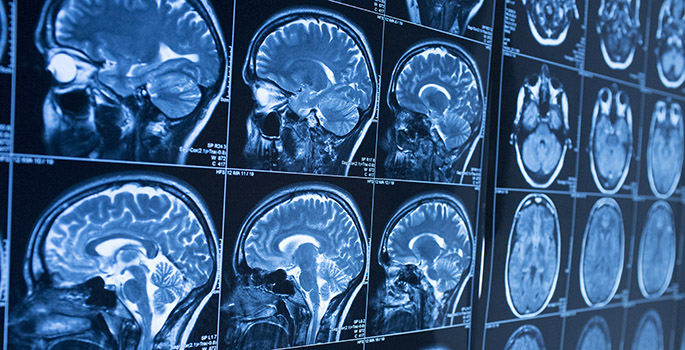
3D brain mapping opens a window to the aging brain
By mapping brain activity in three dimensions, researchers at Vanderbilt University Medical Center have achieved a more detailed picture of how the brain changes with age. Read MoreJan 30, 2024
-

Hartmann named director of UK Center for Clinical and Translational Science
Katherine Hartmann, MD, PhD, Vice President for Research Integration for Vanderbilt University Medical Center, has been named director of the University of Kentucky (UK) Center for Clinical and Translational Science. Read MoreJan 17, 2024
-

‘Molecular Muse’ exhibit features Artist-in-Residence program’s science-inspired art
The “Molecular Muse” art exhibit on display in Light Hall is a sampling of pieces from the Vanderbilt Institute for Infection, Immunology, and Inflammation Artist-in-Residence (VI4-AiR) program, which brings together scientists and artists to create and promote art as a visual science communication tool. Read MoreJan 16, 2024
-
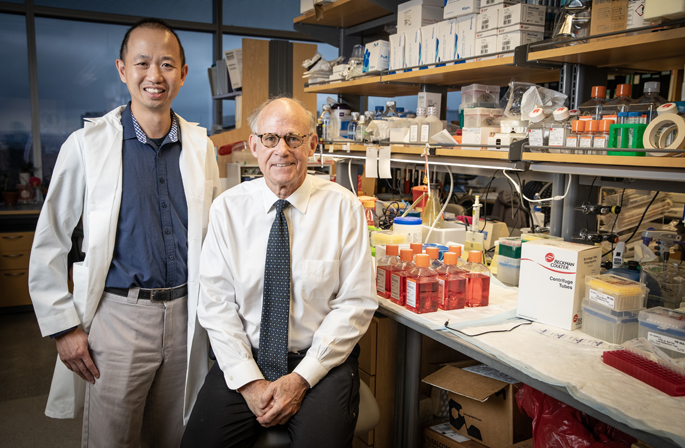
Colorectal cancer ‘cartography’ reveals an avenue to improved immunotherapy
Vanderbilt University Medical Center researchers have discovered why most colorectal tumors escape detection and destruction by the body’s immune system. Read MoreDec 8, 2023
-
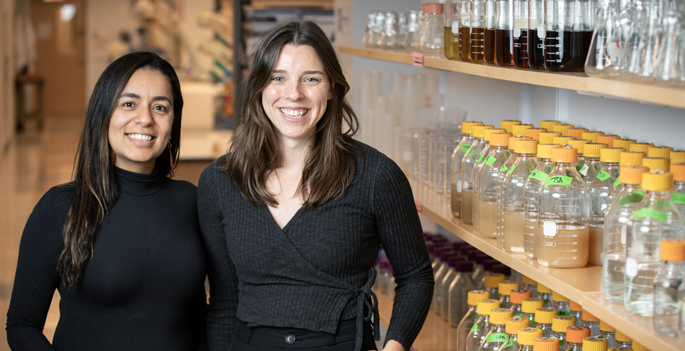
Gut microbiota metabolite protects against obesity: study
Vanderbilt researchers have discovered that beneficial bacteria in the small intestines produce a compound that protects against obesity. Read MoreDec 8, 2023
-
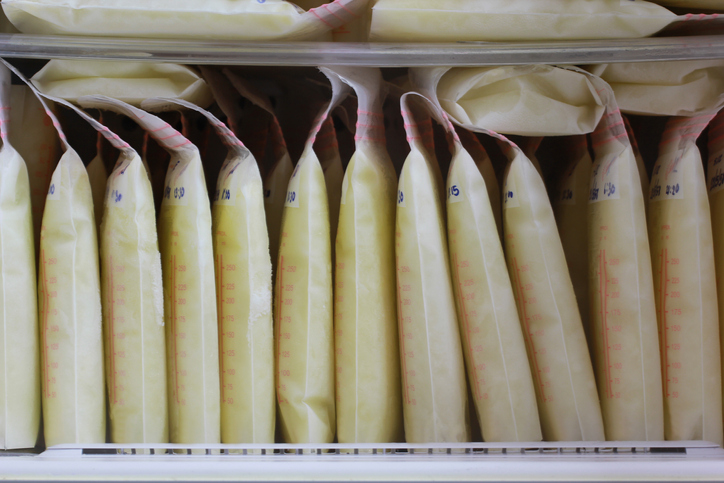
Pasteurization reduces bioactive component of breast milk
Pasteurization of breast milk affects the concentration of osteopontin, a bioactive protein with roles in intestinal, immunological and brain development — suggesting that osteopontin supplementation should be considered when donor milk is provided to preterm infants. Read MoreDec 6, 2023
-
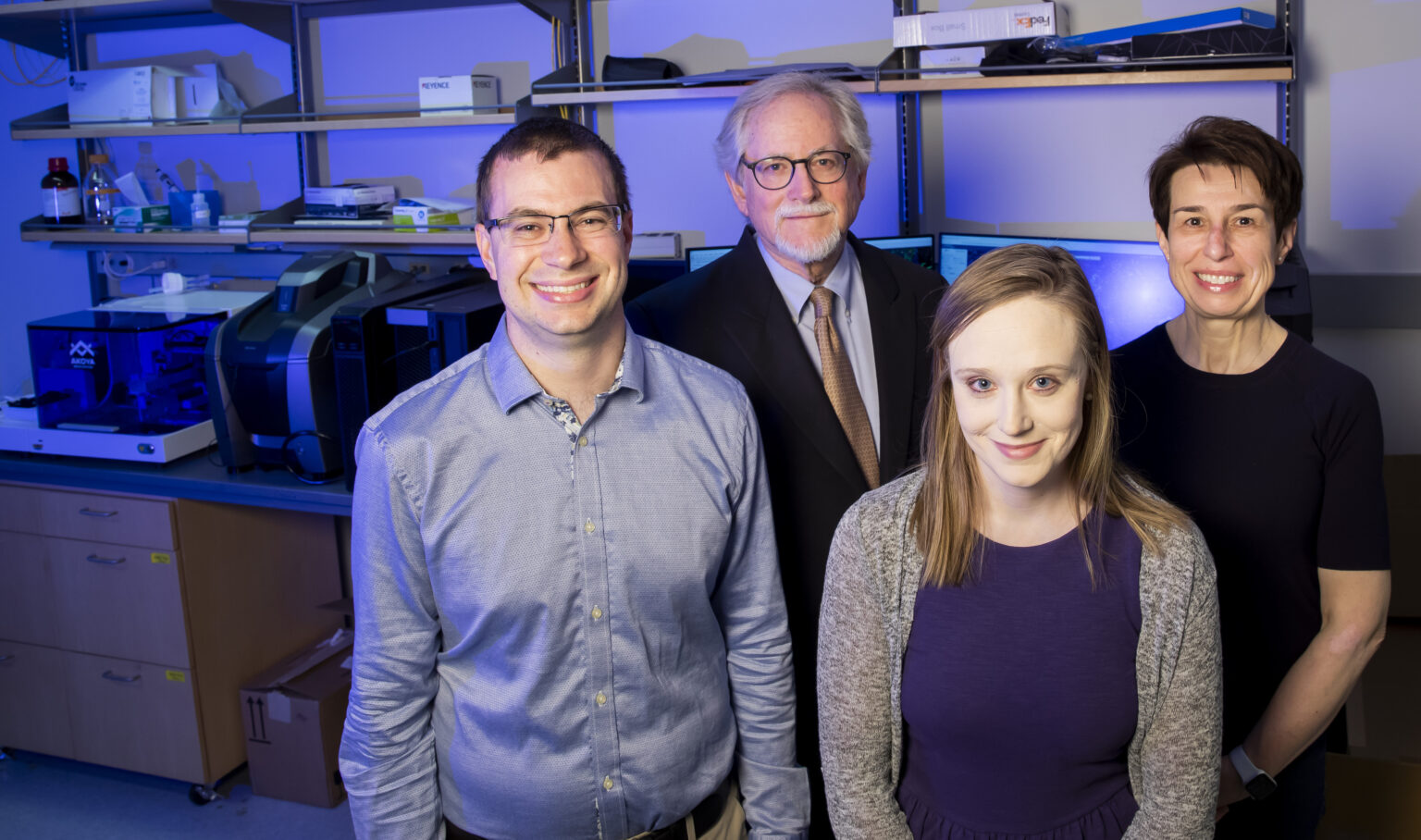
Study links gene network and pancreatic beta cell defects to Type 2 diabetes
A comprehensive study that integrates multiple analytic approaches has linked a regulatory gene network and functional defects in insulin-producing pancreatic beta cells to Type 2 diabetes. Read MoreDec 4, 2023
-
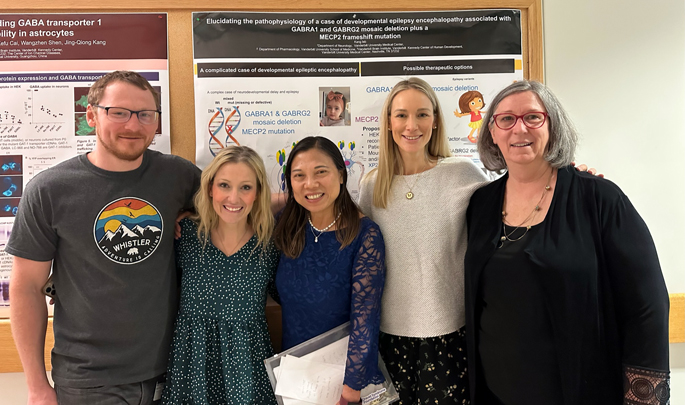
Nonprofits support quest to cure childhood epilepsy
Monica Joanna Elnekaveh was doing everything she could to learn what was causing her 18-month-old daughter’s developmental issues. Her relentless quest to find answers eventually led her to Vanderbilt investigative neurologist Jing-Qiong (Katty) Kang, MD, PhD. Read MoreNov 29, 2023
-
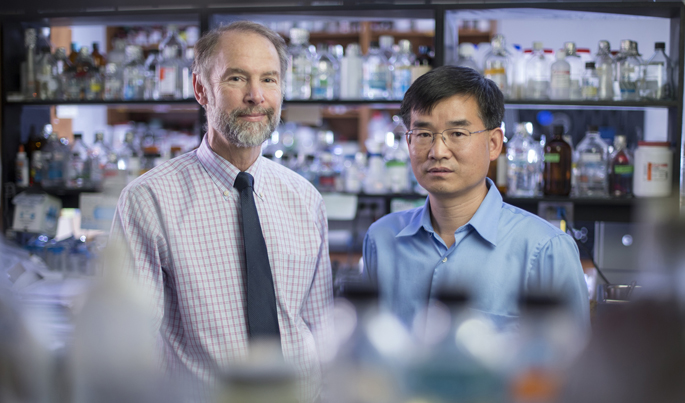
VUMC scientists discover key step to kidney fibrosis
Researchers at Vanderbilt University Medical Center for the first time have shown that activation of the epidermal growth factor receptor (EGFR) is essential for the development of kidney fibrosis, tissue scarring following injury that can lead to kidney failure. Read MoreNov 21, 2023
-

Tumor antigens key to improving cancer immunotherapy: study
Vanderbilt researchers are working to better design immune therapies that attack tumors without also attacking healthy normal tissue in patients. Read MoreNov 17, 2023
-

Twelve at Vanderbilt are among world’s highly cited researchers
Twelve current investigators at Vanderbilt University Medical Center and Vanderbilt University are on this year’s list of scientists whose papers have been cited the most frequently by other researchers. Read MoreNov 15, 2023
-
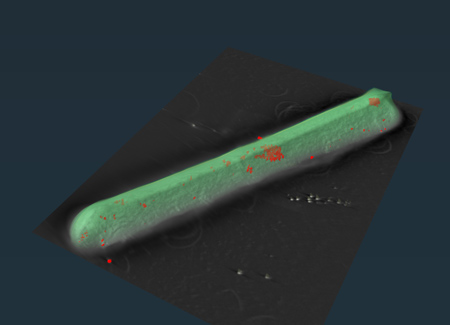
Novel C. diff structures are required for infection, offer new therapeutic targets
Vanderbilt research discovers that iron storage “spheres” inside the bacterium C. diff — the leading cause of hospital-acquired infections — are important for infection in an animal model and could offer new targets for antibacterial drugs. Read MoreNov 15, 2023